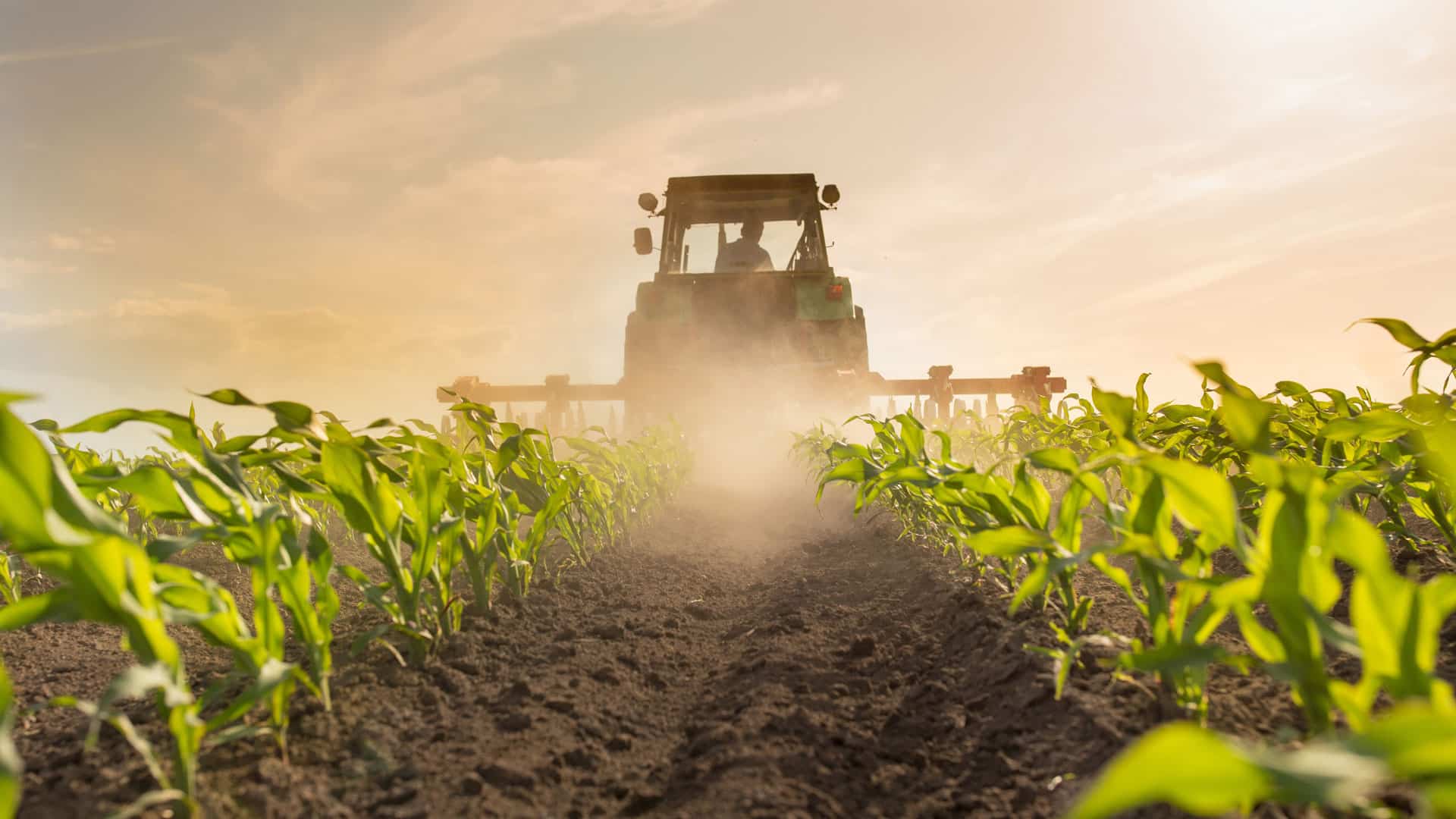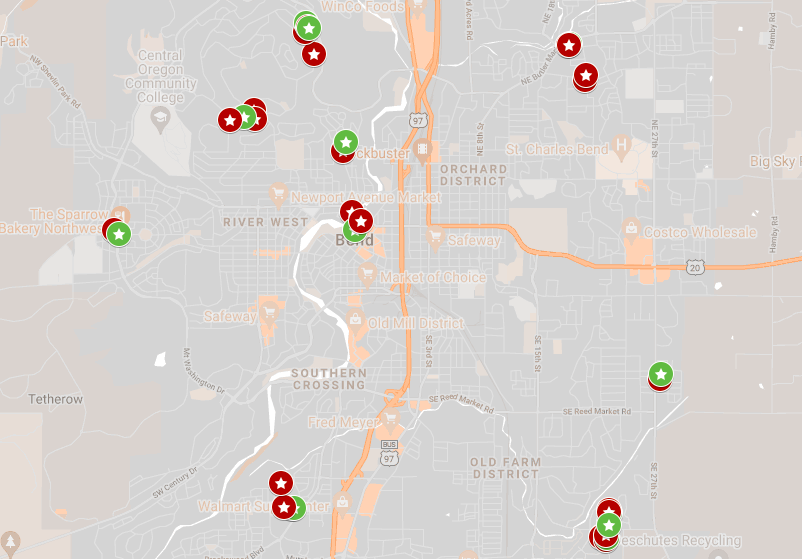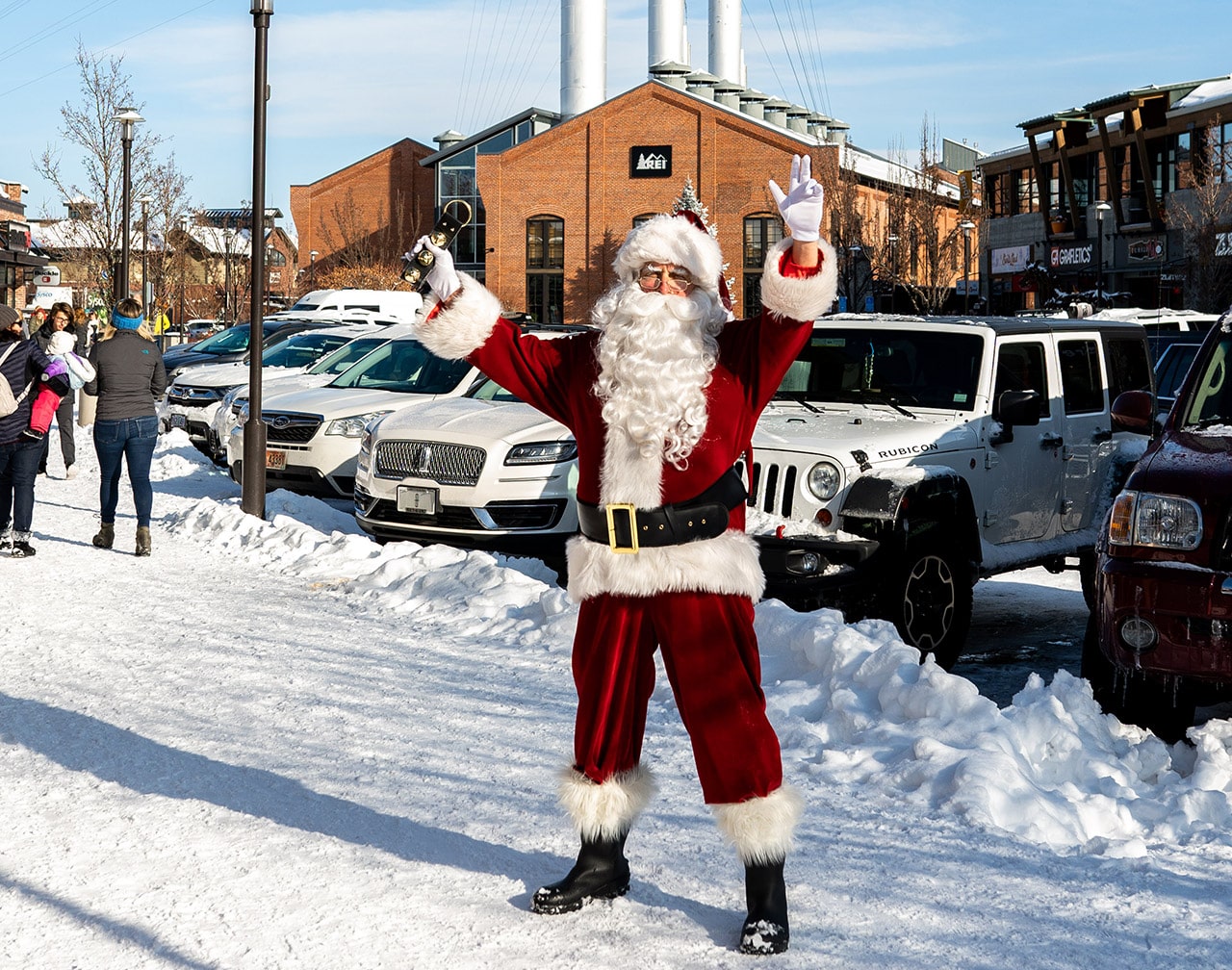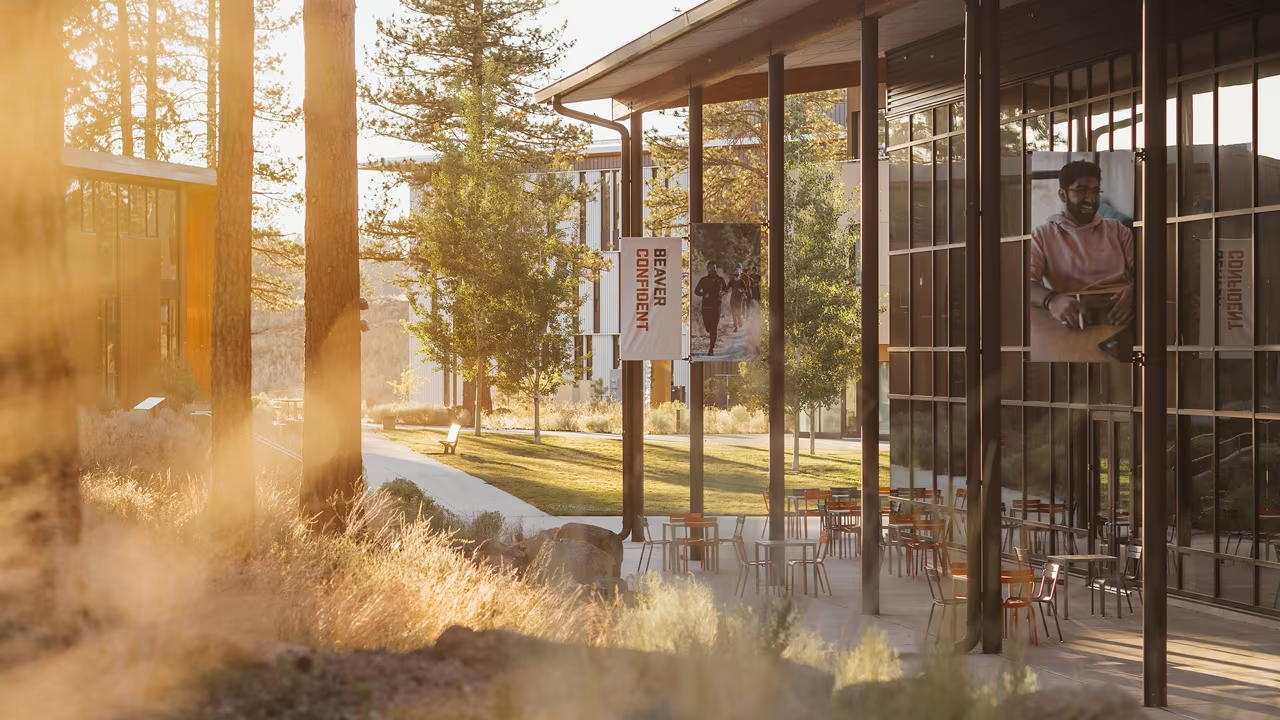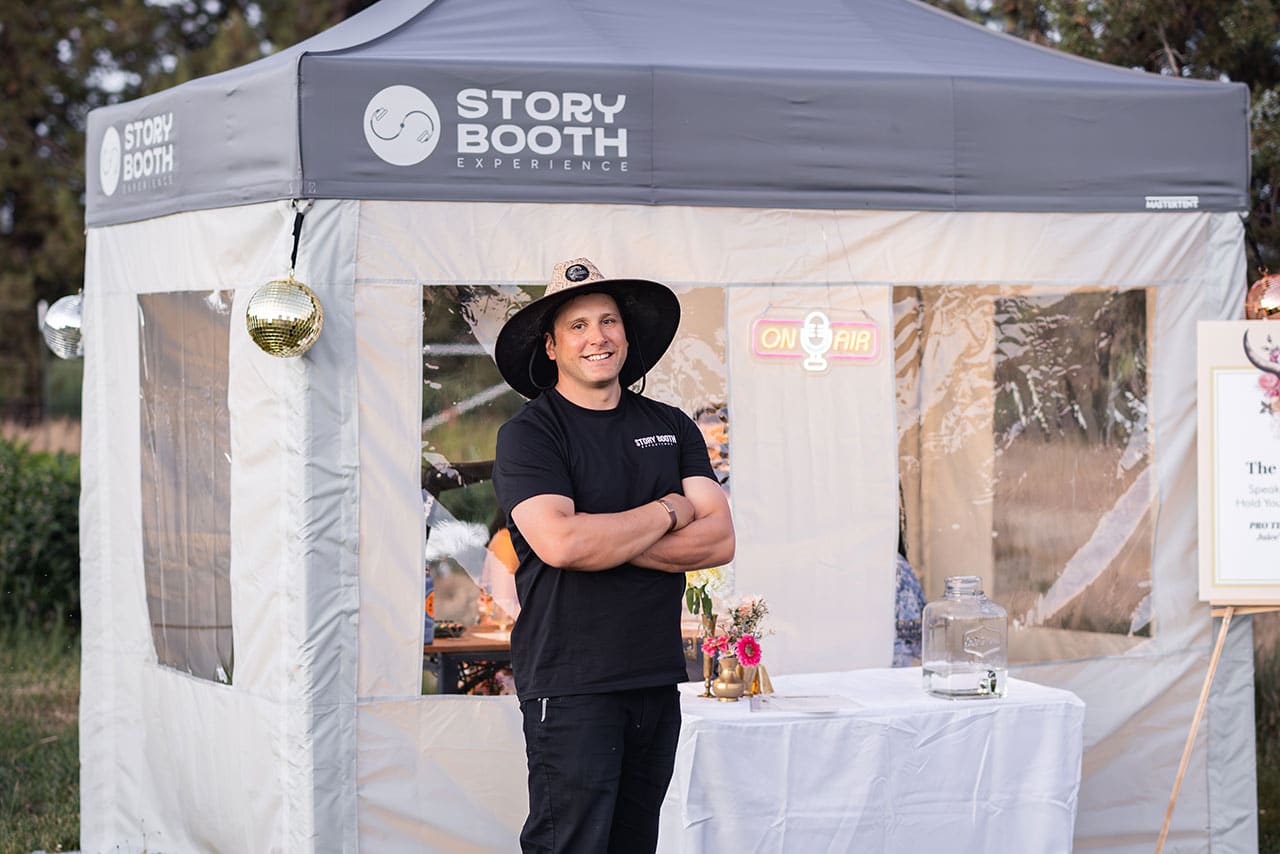Education of the Land Builds Skills and Community
Here in Central Oregon, long before it was known for skiing and mountain biking, it was a hub for ranching and farming. Folks grew their own food, fixed their own fences and relied on each other for help when needed. The roots of that culture still thrive here, and growing numbers of people seek out the satisfaction of creating a lifestyle that is grounded, literally, in the land. Traditional knowledge that once passed through generations now can be learned through local organizations such as the School of Ranch. With its blend of high and low technology, the nonprofit connects people who want to learn traditional ranch skills with local mentors and helps build a community of shared values, according to its founder Mark Gross.
In 2020, Gross left a high-tech career in California, aiming for a low-tech retirement in rural Central Oregon. Rural life wasn’t as simple as it seemed, and he soon realized he needed help learning to use a chainsaw. Ex-Marine Kaleb Watson answered his Craigslist ad.
“We were opposites in many ways, but through that project we became friends,” said Gross. “I saw how hands-on collaboration builds bridges across differences, while teaching practical skills.”
This learning experience inspired Gross to establish the school, based in Terrebonne, and cultivate a team of instructors. The organization’s website links students to in-person, hands-on workshops held throughout Central Oregon. With a full menu of ranch-relevant topics such as handyman basics, tractor driving, welding, beekeeping, canning and soapmaking, participants and expert mentors work and learn together. Along the way, they find common ground and friendship.
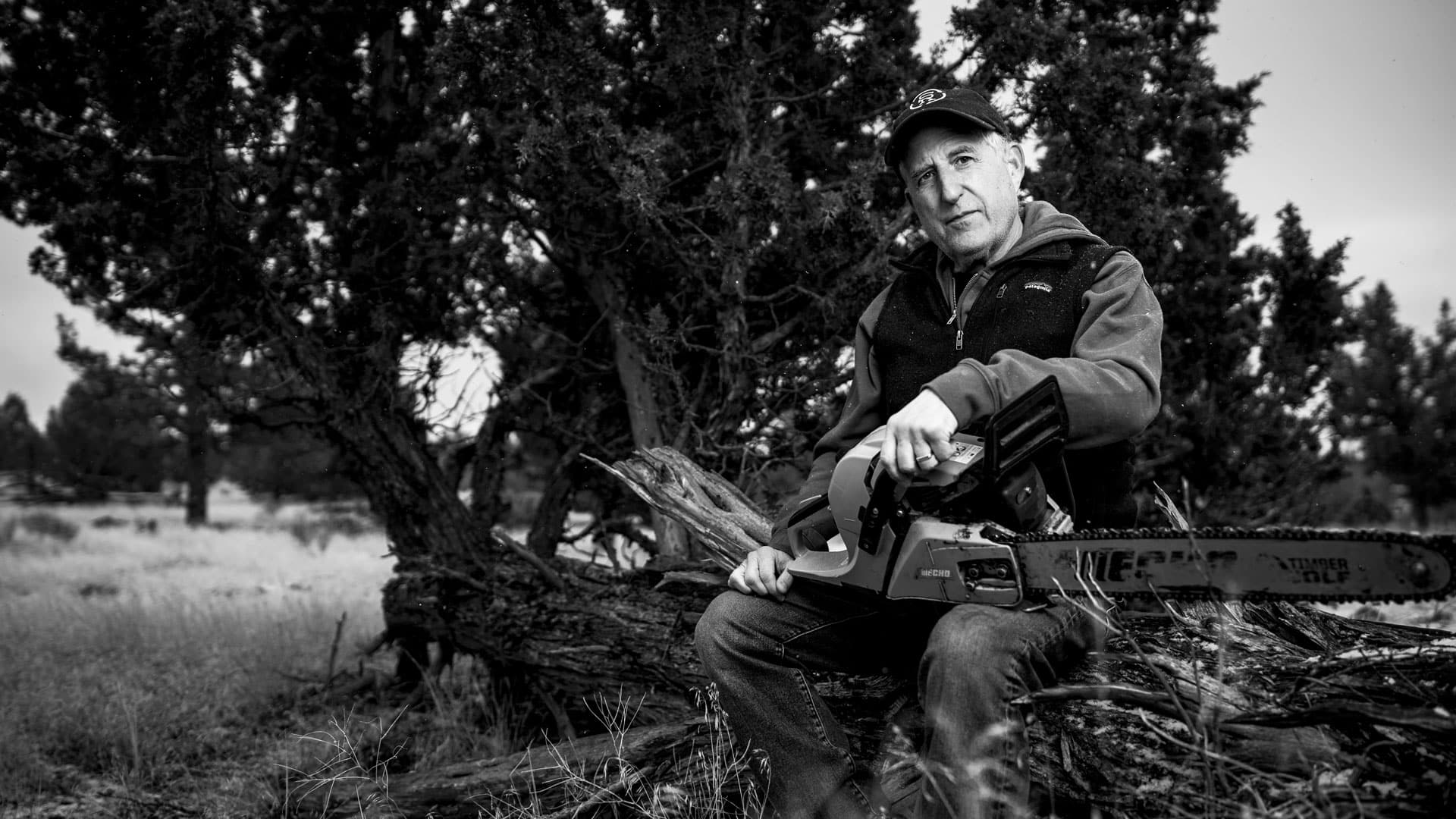
Resilient Individuals, Stronger Communities
Julia Vasinda and Steve Challis joined the School of Ranch in 2024 after purchasing 80 acres of undeveloped farmland near Sisters. They’d been seeking a more balanced life, one that felt substantial and connected to the land. They had a vision for small-scale farming and the School of Ranch workshops are helping them realize that dream.
“The Power Saws for Women class got me started. Then carpentry, soil management, welding and chicken keeping,” said Vasinda.
Each class enriches students’ ranching know-how and builds upon itself—a student learns how to build a coop before learning how to raise chickens. Of all the workshops, Vasinda and Challis found welding the most challenging and satisfying. “Welding can be intimidating, but by the end I had the basic skills. On our rocky terrain, we’re sure to break equipment, and now I know how to fix it,” said Challis.
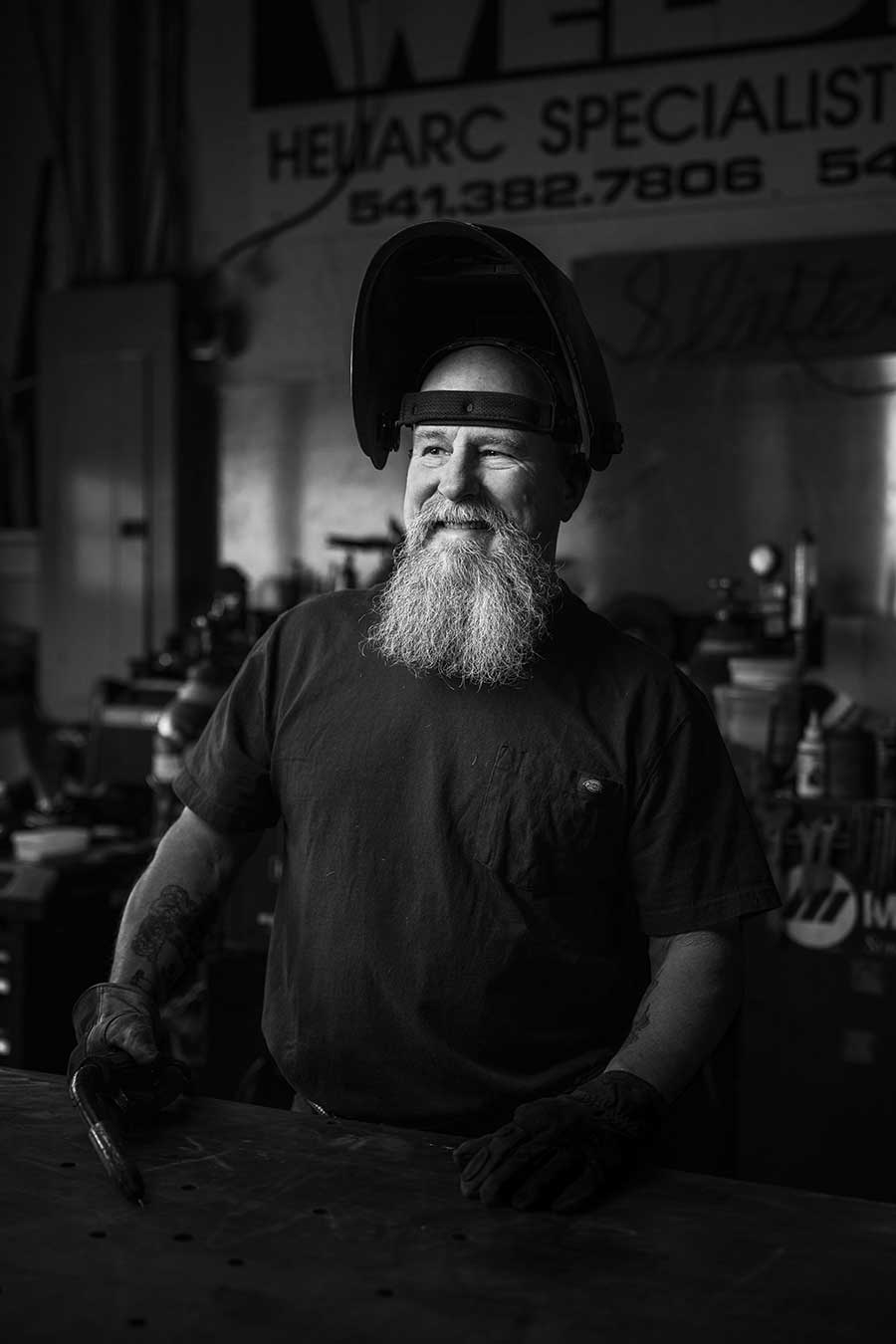
That sense of satisfaction came as no surprise to welding instructor Joe Slattery, who runs the class in his personal workshop. After a career that included fusing NASA space shuttles, he enjoys sharing his wealth of knowledge. “Everyone likes to make stuff, to fix things yourself instead of hiring someone,” said Slattery. “Each class has a diverse group, people from all walks of life, but here we share the same goals.”
A drive for self-sufficiency shows up in the kitchen, as well, according to Beth Covert, School of Ranch board member and instructor. Covert has seen a fresh desire for a return to traditional ways, especially since the COVID-19 pandemic. In that time of insecurity, people turned to the forgotten arts of cultivating gardens, preserving the bounty and sharing delicious dishes.
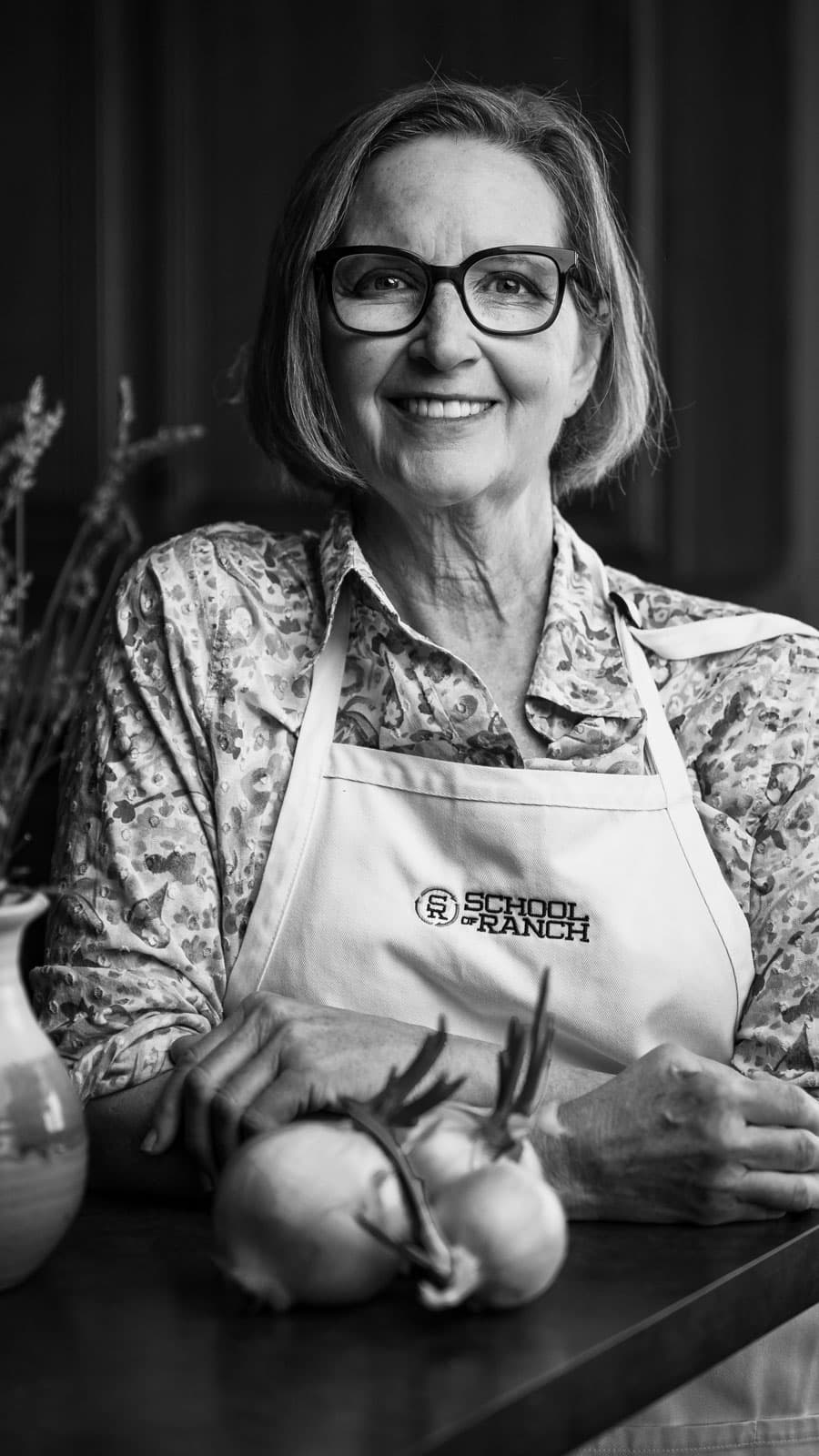
For Covert, food is the foundation of a healthy community. She’s always cultivated and preserved home-grown food, even as more convenient options filled grocery aisles. Covert’s workshops focus on high desert gardening and food preservation, including canning, fermenting and dehydrating. Sharing her knowledge is easy, she explained, because of the structure built into every School of Ranch program.
“I’ve built hoop beds, propagated low-water plants, mastered my compost system and filled my pantry with dried and canned food, but I’ve never been a teacher,” said Covert.
For her classes, Covert schedules time for a potluck to nurture friendships among the participants.
While Covert’s classes revolve around the garden, instructor Rick Bell helps learners move toward energy independence. After a lengthy military career, Bell turned to self sufficiency, living off the energy grid. Through School of Ranch, he teaches others to do the same. His workshops help participants understand wiring and electrical systems, beginning with small projects such as solar batteries and wiring for trailers. Like other instructors, Bell remains available for advice and help as students venture into their own solar and off-grid projects.
“These classes help people take care of both themselves and others, rather than depending on the grid. It makes for a stronger local community, and the local level is where it matters,” said Bell.
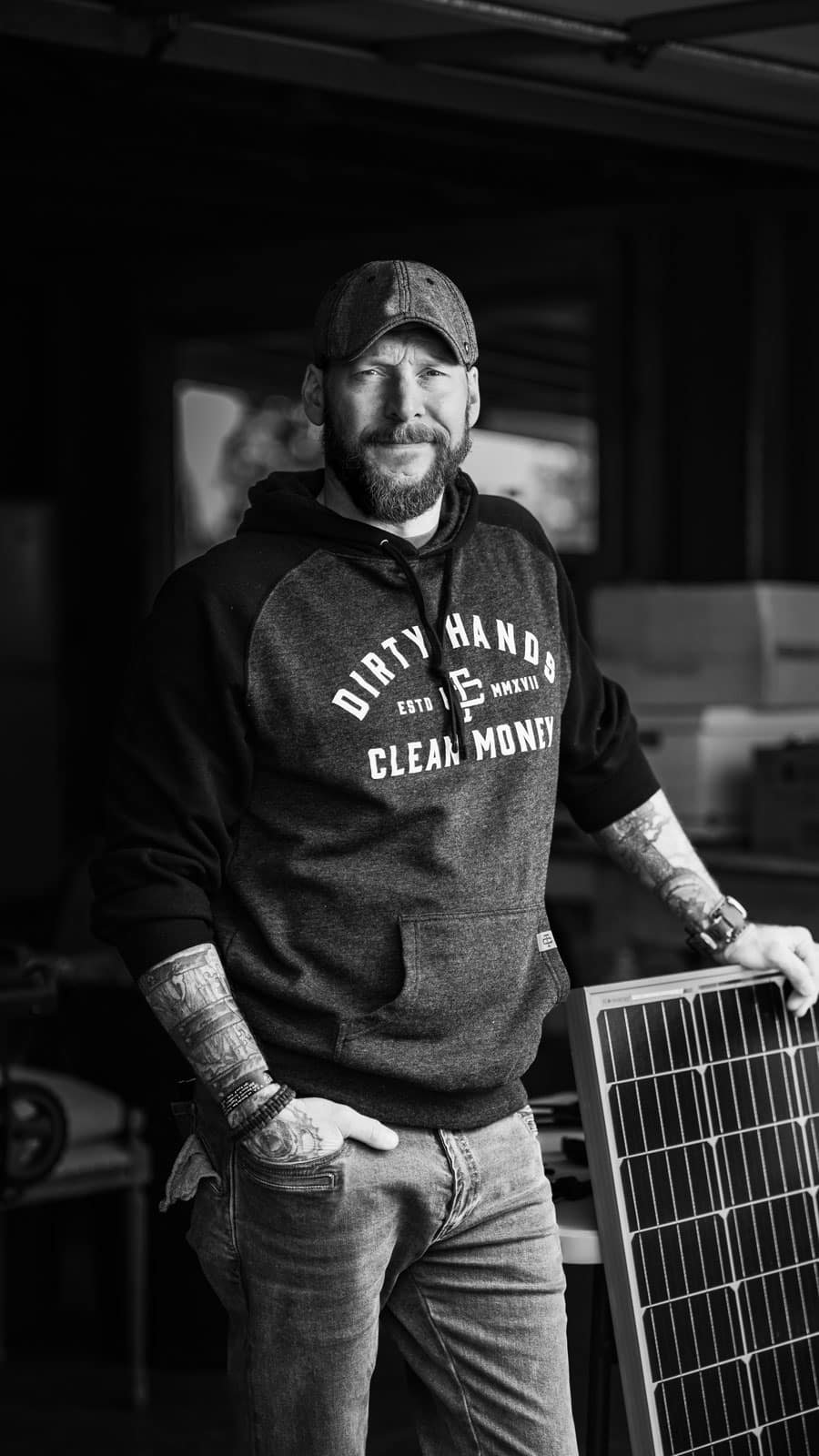
Nurturing the Ranch Mindset
Community engagement has always been part of the mission for Shannon and Taylor Kane of Wild Grown Farm in Redmond. Through School of Ranch, they help people understand the foundations of producing their own food. “As a society, we’re increasingly disconnected from where our food comes from,” said Taylor. “I was raised in a city, so I took the long route to learning these skills. These workshops allow us to bridge the gap for folks like me who weren’t raised with this knowledge base.”
The Kanes’ approach to farming goes beyond traditional agriculture into agroecology and permaculture, with a mindset that keeps them looking to nature as a guide for building regenerative, closed-loop systems on their farm.
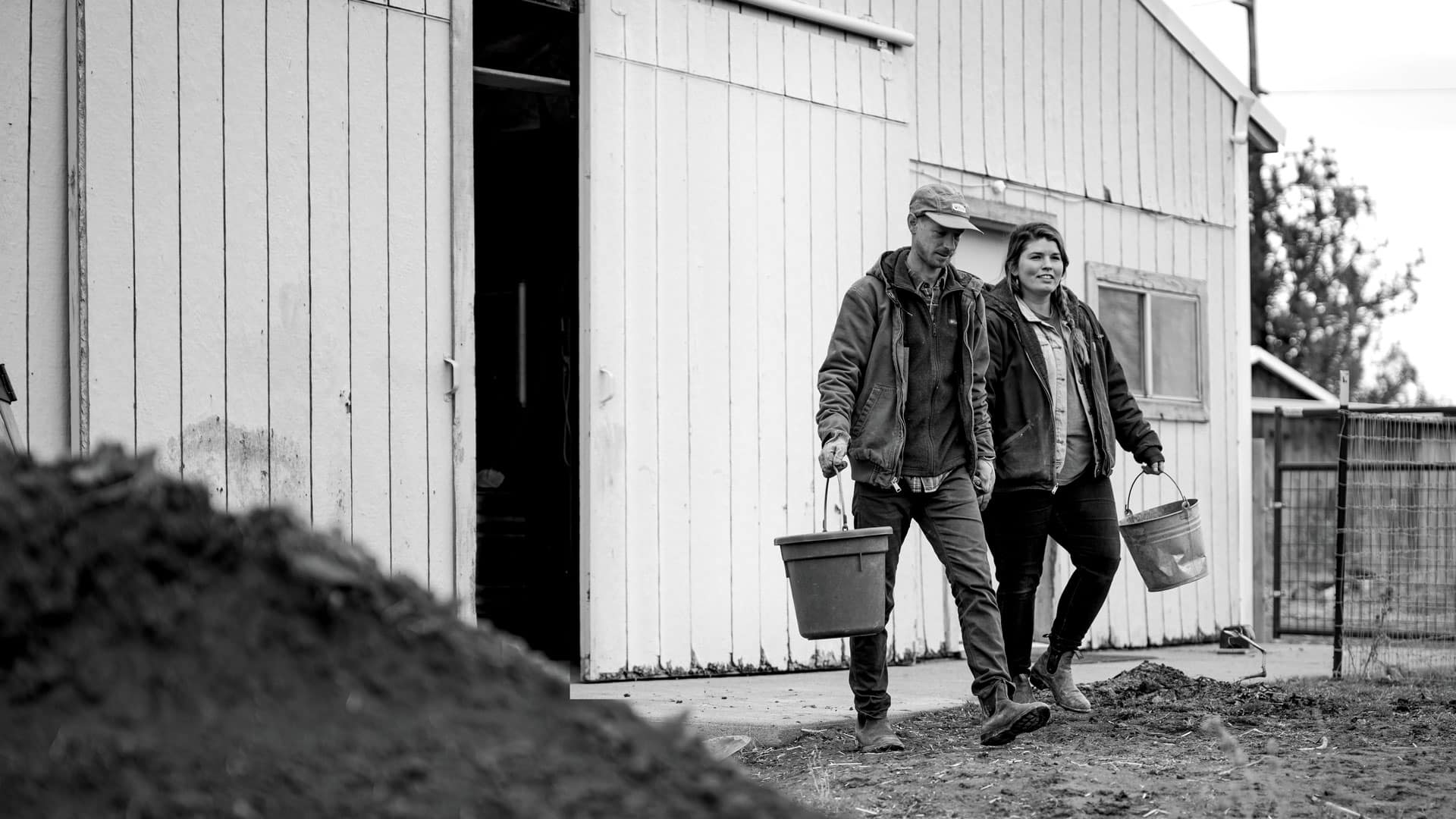
“These workshops are a gateway into this lifestyle and philosophy. We hope that folks see the connection between nurturing the earth and nurturing ourselves. Getting your hands in the soil and raising your own food is empowering, and we want to inspire people on that path. The more folks that do that, the better we collectively will be,” said Shannon.
For Vasinda and Challis, they’re ready to start beekeeping while carefully laying out their farming strategy. They’ve got a list of workshops yet to join, to grow their community as well as their skills. Eventually, they hope to come full circle and host School of Ranch sessions on their own land.
Gross, in the meantime, has gone from thoughts of retirement to creating a legacy. “School of Ranch will continue to grow because there is so much in the concept of ranching that matters,” he said. “Ranch is a metaphor for using your hands, for connecting to land, for community, for sustainability, and even for finding common ground with those who have differing opinions. We all need that now.” Learn more at School of Ranch.

